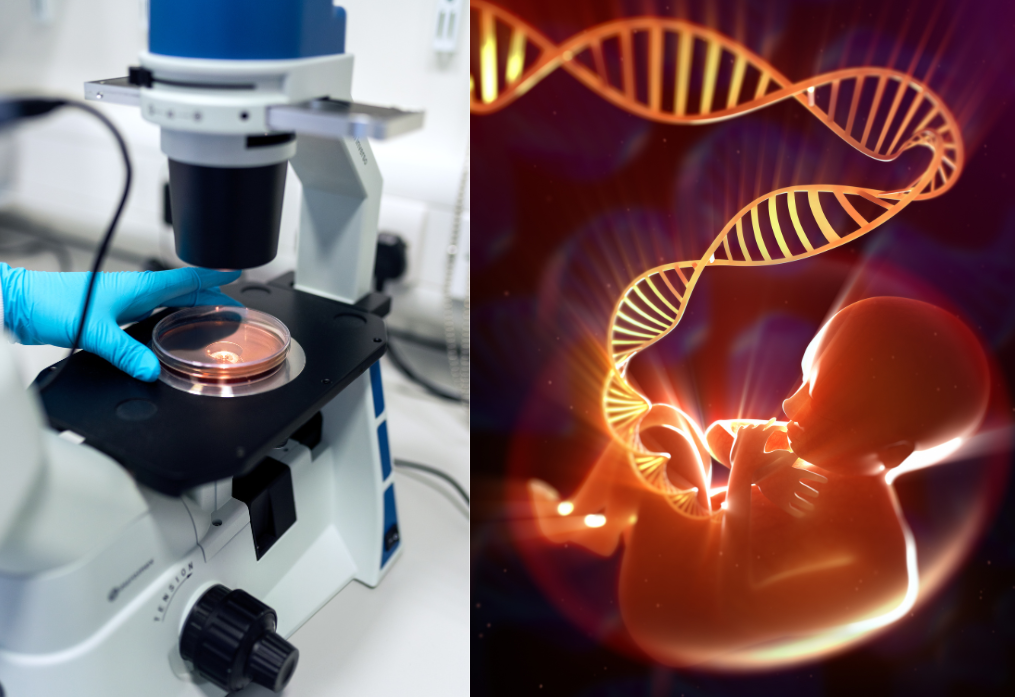
In recent years, scientific studies have shed light on a concerning revelation: umbilical cords, the lifeline between mother and baby, are harboring toxic chemicals known as PFAS (per- and poly-fluoroalkyl substances). This class of approximately 12,000 chemicals, aptly named forever, resists natural breakdown and accumulates in human bodies and the environment. This article delves into the findings of collective studies, examining nearly 30,000 samples over the past five years, revealing the pervasive presence of PFAS in umbilical cords and its alarming implications for fetal health.
The Ubiquity of Forever Chemicals: PFAS are commonly utilized to make products resistant to water, stains, and heat. Federal estimates indicate that 98% of Americans have these chemicals in their bloodstream, linking them to a myriad of health issues such as birth defects, cancer, kidney disease, and liver problems. Notably, the Environmental Protection Agency (EPA) has recently asserted that there is effectively no safe level of exposure to certain PFAS in water.
Widespread Contamination: The studies unveil the widespread contamination of PFAS not only in drinking water but also in meat, fish, dairy, crops, and processed foods. Everyday consumer products, including nonstick cookware, food packaging, waterproof clothing, and dental floss, also contribute to this concerning trend.

Focusing on Umbilical Cord Blood: Scientists honed in on umbilical cord blood due to its pivotal role in delivering nutrients and oxygen from mother to fetus. The findings are particularly disconcerting as fetuses are more vulnerable to these exposures, lacking the mechanisms to deal with these persistent chemicals.
Long-Term Effects on Fetal Development: PFAS can linger in the body for years, even decades, and studies indicate that fetal exposure may lead to lasting effects throughout childhood and adulthood. These effects encompass cognitive and reproductive function, changes in weight, eczema, and altered glucose balance.

Governmental Response and International Discrepancies: Despite overwhelming evidence of PFAS toxicity, the Food and Drug Administration (FDA) and EPA have hesitated to ban the non-essential use of these chemicals. Strikingly, most of these chemicals are banned in countries outside the United States, emphasizing the need for regulatory action.
A Call to Action: In light of these revelations, it becomes imperative for individuals to make informed choices about their diet and lifestyle. Opting for an organic diet, rich in fruits and vegetables, can significantly reduce exposure to these harmful chemicals. Additionally, reducing the consumption of processed foods, which often contain elevated levels of PFAS, is crucial in safeguarding fetal and overall health.
Working together we can help pregnant mothers and their children eat healthy organic foods to support brain health and reduce some toxins that would otherwise be in the umbilical cord of the unborn fetus. Please donate to Now Chew On This-nonprofit The next generations are depending on us for help.
Conclusion: The presence of forever chemicals in umbilical cords is a stark reminder of the need for heightened awareness and decisive action. As consumers, we hold the power to make choices that contribute to a healthier future. By advocating for regulatory measures, supporting organic practices, and making informed dietary decisions, we can collectively work towards minimizing the impact of PFAS on the health of present and future generations.









